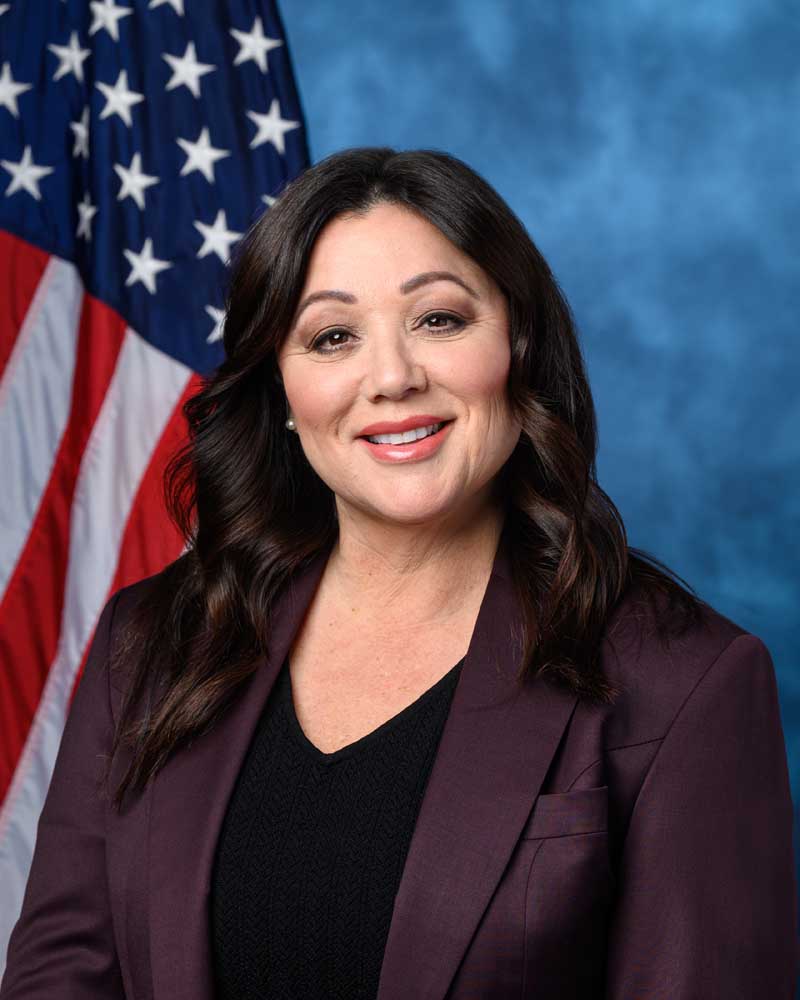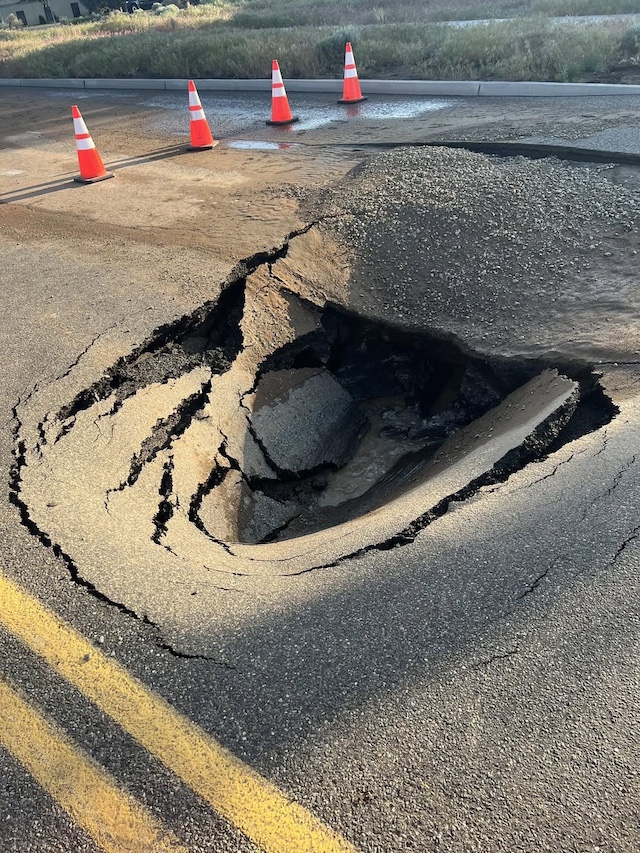Chavez-DeRemer: Congress comes to Redmond
Published 7:45 am Thursday, October 24, 2024

- Lori Chavez-DeRemer
Earlier this month, I brought Congress to Central Oregon for the first time in almost 20 years for a field hearing with the House Committee on Natural Resources. Protecting our water here in Oregon is critical to our environment and quality of life. In our region, we’ve seen firsthand the value of collaboration in securing reliable access to this important resource and addressing ongoing supply challenges.
The field hearing allowed members from various parts of the country to listen to local and tribal witnesses about projects addressing water supply challenges and ways the federal government can engage with communities to support their efforts — not hinder them.
Serving one of the fastest-growing regions in the nation, the Deschutes River Basin provides water for eight irrigation districts in our state. Its growth has increased demand pressure on the region’s water supply as the irrigation districts, government agencies, and conservation groups collaborate to find solutions to meet water demand.
But the region’s rapid growth isn’t the only thing putting pressure on local water supplies. The smoke that was visible in the air the day of our field hearing was a reminder of the ever-present threat of wildfires and the critical role forests play in watershed health and ensuring a safe and reliable supply of water.
In Oregon, the federal government owns more than 32 million acres of land classified as at risk of wildfire. Lacking proper management, federal forests are overloaded with dangerous dry fuels that, when combined with unprecedented drought, create a ticking time bomb. Actively managing our forests will help lessen the chances of catastrophic wildfires and improve the health of our watershed.
Another factor putting pressure on water supplies is the Endangered Species Act. The Deschutes River Basin has faced significant challenges in complying with the regulations put forward under the Act.
But in an example of what can happen when we collaborate to find a solution, 20 years ago, the eight irrigation districts of the basin, federal and state agencies, the Confederated Tribes of the Warm Spring Reservation, and local governments developed a long-term plan that would provide water certainty for both farmers in the region and listed species. The Deschutes Basin Habitat Conservation Plan was finalized in 2020 and provides a pathway for modernizing the water delivery system through canal piping and other projects while accommodating the listed species.
We have a responsibility to leave our environment better than we found it. By protecting and responsibly managing our water supply, we will do just that. I’m proud to have brought the House Committee on Natural Resources here to Central Oregon and will continue to be a strong advocate for a clean and reliable water supply in our state.
Editor’s Note
Do you have a point you’d like to make or an issue you feel strongly about? Submit a letter to the editor or a guest column.





